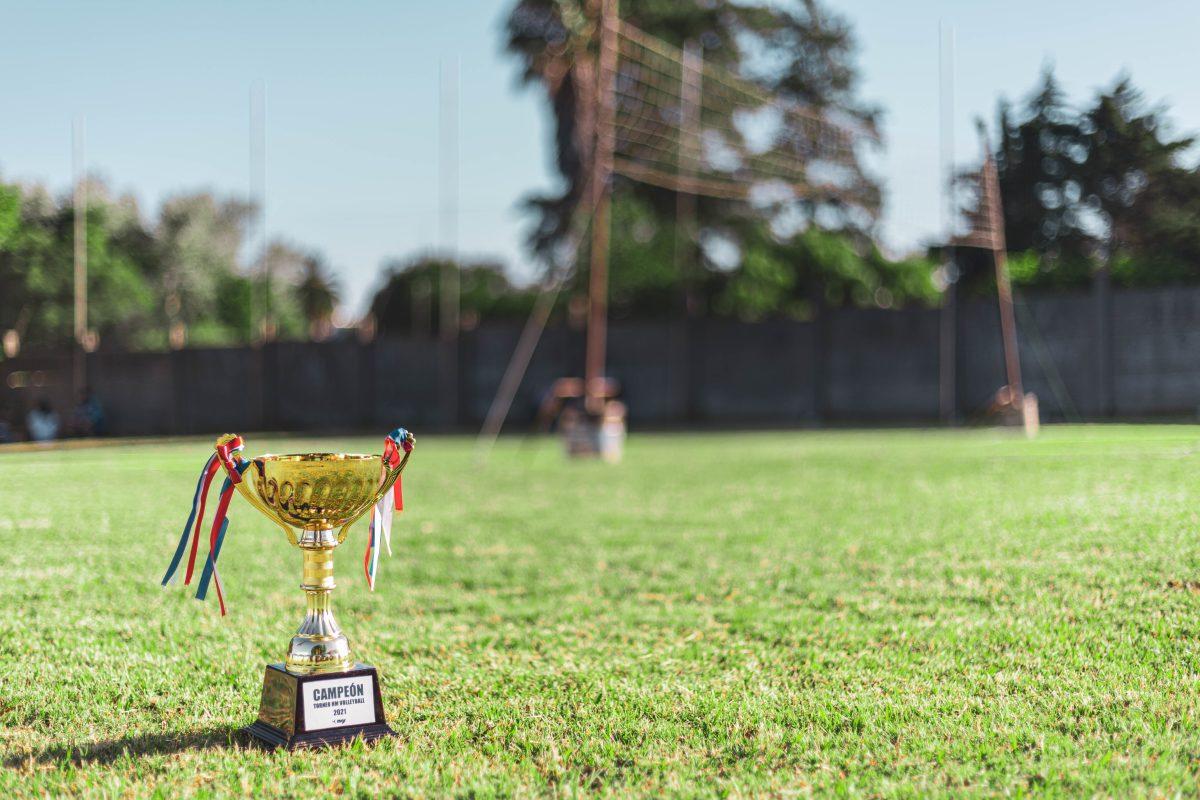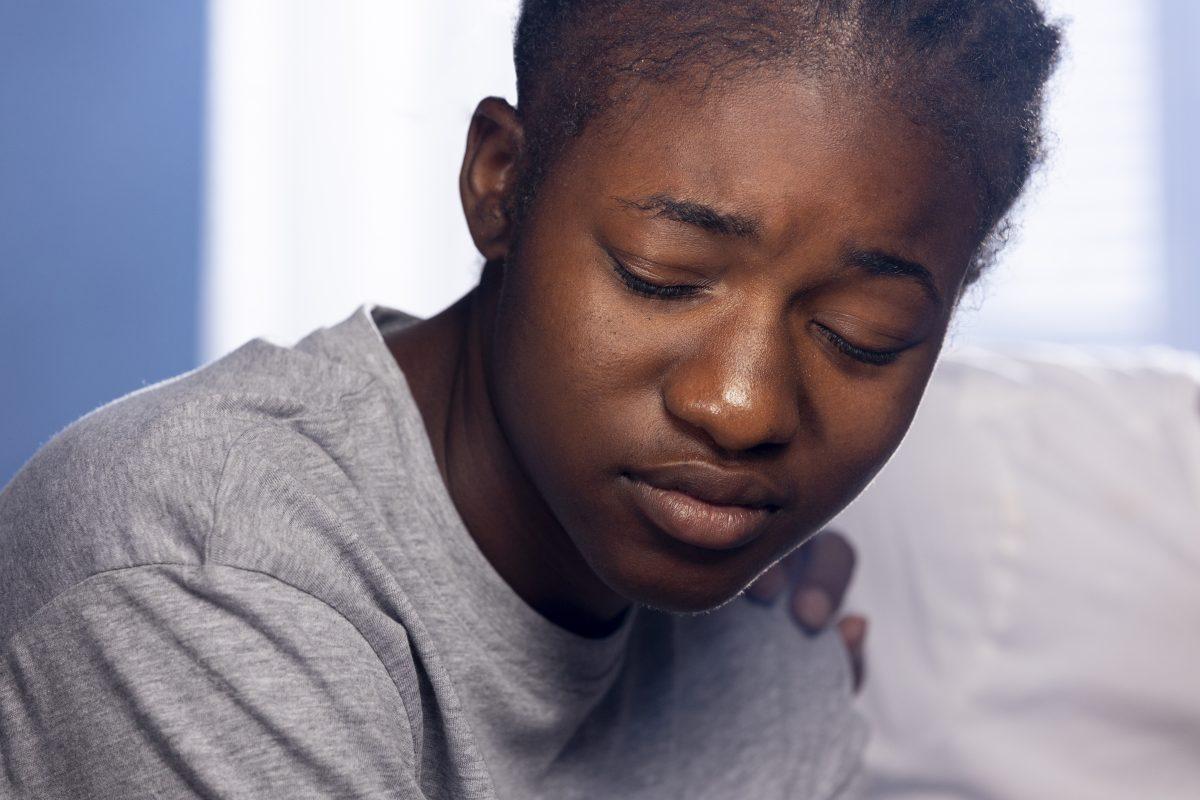Spotting Champions by Siraji Afeku Kassim, Munir Primary School
Before 1960, no black African athlete had won any Olympic medals. In 1960, in Rome, the Ethiopian Abebe Bikila won the Olympic marathon race, running bare foot. In 1964, in Tokyo and wearing shoes, Bikila became the first man to retain the Olympic marathon title. That was also the year Wilson Kiprugut became the first Kenyan athlete to win an Olympic medal, when he came third in the 800meters. Since then, Kenya has produced many Olympic and world champions in running events, from Kipchonge Keino who won the 1500meters race at the 2000 Olympics’ in Sydney. In fact, Kenya athletes have won every Olympic 3000meters steeplechase final that they have entered since 1968, when Amos Biwatt won the gold medal.
Ethiopia has also produced many great athletes from Miruts Yifter who won the gold medal for both the 5000meters and the 10,000meters races at the 1980 Olympics in Moscow to Haile Gebrselassie who in August 2001 suffered his 10,000meters defeat in eight years when he was beaten by Charles Kamathi a Kenyan of course. But it is not only Kenya and Ethiopian Athletes who have thrilled spectators around the world. In 1972, the Olympic 400meters hurdle was won by the Ugandan John Aki-Bua. In 1987, Abdi Bile became the first ever Somali athletics would champion when he won the 1500meters in Rome. At the 1994 commonwealth games, Samuel Matete a Zambian won the 400meters hurdle while Frankie Federick from Namibia won the 200meters.
Two years later, at the Olympics in Atlanta, the Ugandan Davis Kamoga was a surprise bronze medallist in the 400meters. At the halfway point in the race, he was trailing the entire field, but he produced an amazing burst of speed to finish in the third position. In 1989, the New York marathon was won by a Tanzanian Juma Ikangaa. African women too have had many Olympic successes. These include the Moroccan Nawal el Moutawakil, winner of the 400meters race in 1984 and the 1500meters runner Hassiba Boulmerka, who won Algeria’s first gold medal in 1992. At the same Olympics in Barcelona, Mary Musoke of Uganda won a gold medal in table tennis. At the 1996 Olympics in Atlanta, Chioma Ajuna of Nigeria won the women’s long jump and Uganda’s Mbabazi took gold in the 3000meters race. The same year, the Kenyan Tegla Loroupe broke the world record for the women’s marathon. Mozambique’s Maria Mutola has had many successes running over 800meters including winning the world championship at Edmonton in 2001. At the same championship, Ethiopian Athletes filled the first three places in the women’s 10,000meters; the winner being Derartu Tulu. A year earlier, Tulu had won the Olympic gold medal with Getewami an Ethiopian taking the Silver medal.
END



